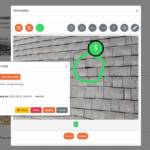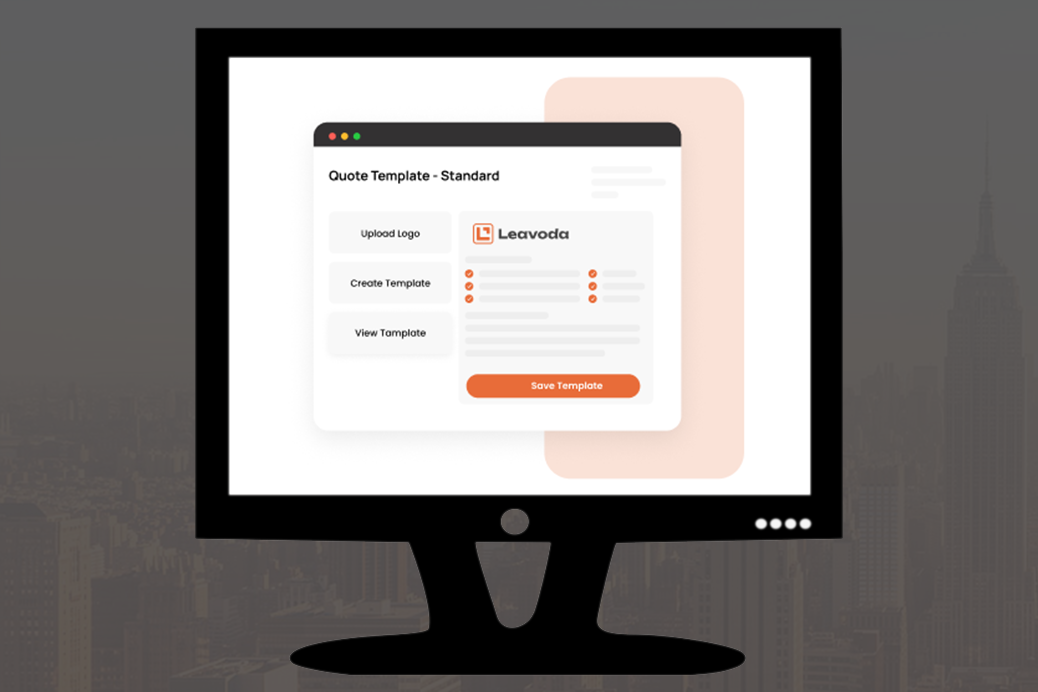
Welcome to Leavoda — your all-in-one platform for managing service requests with ease. In this tutorial, we’ll walk through how to create a request form that clients can use to submit their service needs directly into your system.
Step 1: Access the Request Forms
-
Log in to your Leavoda dashboard.
-
Navigate to Settings → Request Forms.
-
Click on New Form to get started.
Step 2: Customize the Form Fields
Each request form includes fixed fields for client details and address — ensuring you always capture the essentials. Beyond that, you can add fields tailored to your business, including:
-
Text Field – short answers
-
Text Area – longer descriptions
-
Multiple Selection – choose many options
-
Single Selection – pick one option
-
Date – scheduling preferences
-
File Upload – photos, documents, or attachments
You can also add Services and Products as selectable options so clients can specify exactly what they need.
Step 3: Personalize the Look and Feel
Make your forms easy to identify and visually appealing:
-
Add a Form Title and Subtitle
-
Choose a Color theme
-
Enable email notifications so a copy of each completed request lands directly in your inbox
Step 4: Save and Manage Forms
Once saved, your form appears as a card in the Request Forms section. From here you can:
-
View – preview the form
-
Edit – make changes
-
Share – send it to clients
-
Delete – remove it if no longer needed
Each card also includes:
-
A QR code labeled Share and Get Leads (clients can scan to access the form instantly)
-
A Form ID and shareable link (copy to clipboard for quick sharing)
-
Integration options like a WordPress plugin or an HTML embed code to place the form directly on your website
Step 5: Collect and Manage Requests
When a client submits a form:
-
Their request appears directly in your Leavoda dashboard under Requests
-
From there, you can quickly review, manage, and convert it into a Quote
That’s it! With Leavoda’s Request Forms, you can capture client needs seamlessly, stay organized, and move faster from request to job completion.









